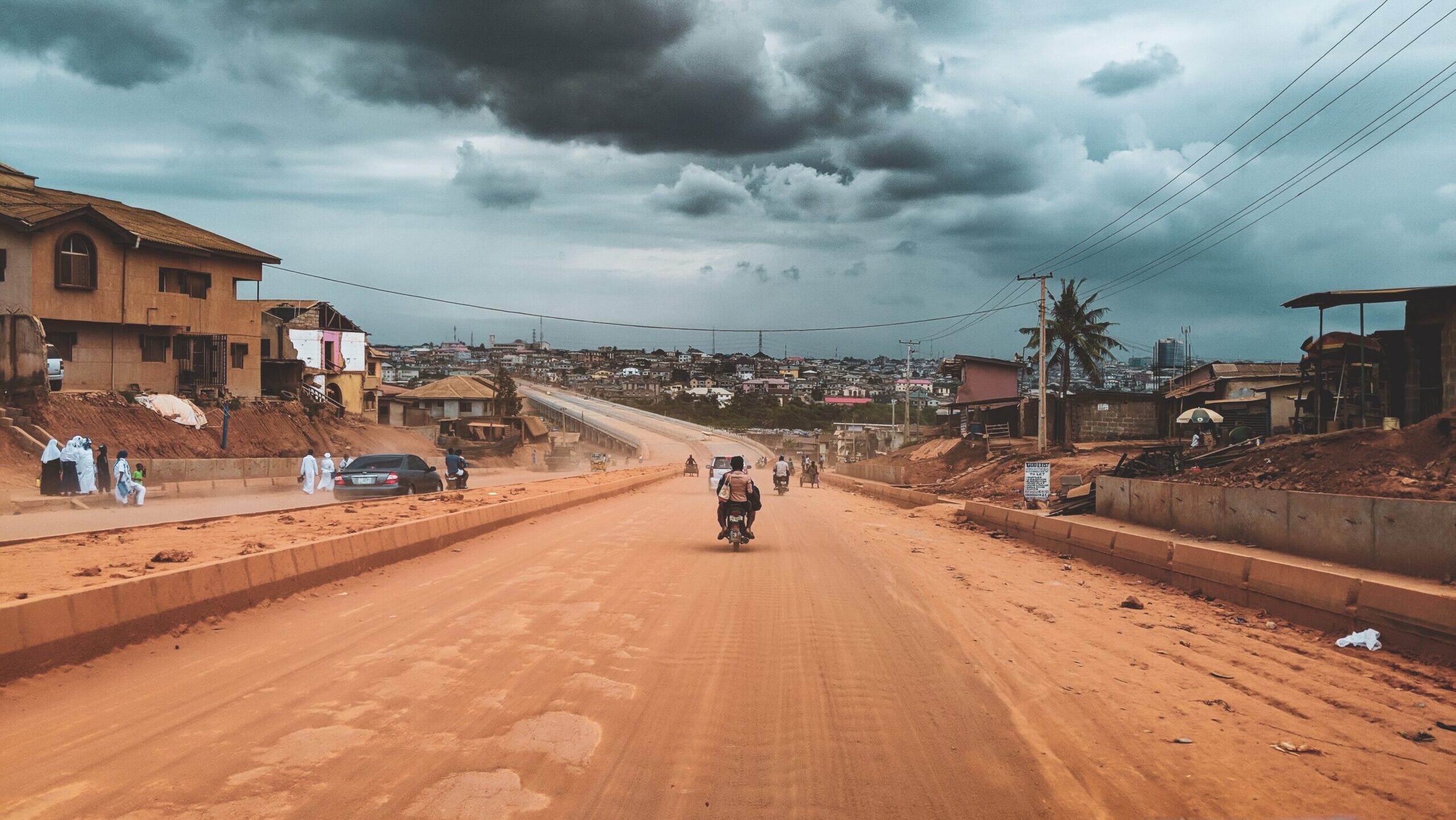This banditry is a northwestern scourge!
Nasir El Rufai, Former Governor of Kaduna State
Banditry is one of the greatest challenges facing the Nigerian state. Over 30,000 bandits are active across the northwest region of the country, the majority of whom are from pastoral communities, and over 8000 banditry-related deaths have been reported since 2010. Over 200,000 people have been forced to leave places across the northwest and the phenomenon threatens to plunge millions more people into a state of critical food insecurity. The situation is at boiling point.
One of the last acts of the Buhari administration was to designate banditry as a terror offence. This consequently paved the way for the Nigerian armed forces to double down on its use of military force in dealing with the problem, and it has frequently resorted to air strikes on bandit hideouts in heavily forested areas. The airstrikes and military campaigns have had varying degrees of success. Some have reportedly been successful in taking out key bandit leaders, but fears that military campaigns will further delegitimise the state’s authority among affected local populations are equally valid. As such, the Nigerian government is caught in a balancing act that requires them to resolve the issue in a way that does not further diminish its already waning legitimacy in violence-ridden areas where the state has effectively ceded control.
Since his inauguration as Nigeria’s president, Bola Tinubu has consistently reiterated his promise to deliver on resolving the nationwide insecurity issue but has made scarce mention of the situation which is unfolding in the northwest. In order to address the issue, Tinubu will need to recognise that banditry in the northwest is not only a material issue that is caused by economic conditions and the state’s lack of authority across areas of the northwest; rather, banditry is also driven by a self-reinforcing moral economy which consists of a struggle for power, land and resources on the part of the bandits.
First, land desertification induced by climate change is a factor that compounds hardship and competition for resources. Northwest Nigeria loses approximately 3,500 kilometres of productive land a year to desertification, and whilst this has prompted some pastoralists to seek grazing lands elsewhere, they usually come into contact with other pastoralists and farmers who regard such wandering as trespassing, further contributing to tensions. Furthermore, the Nigerian state has failed to upgrade grazing routes and infrastructure that are central to aiding pastoral resilience. Ultimately, despite a significant increase in the population over the past 30 years, many pastoralists have been left structurally excluded from earning a livelihood amid the lack of alternative opportunities to earn a legitimate income. Indeed, youth unemployment in Nigeria is currently at a record 53.4%, according to the National Bureau of Statistics.
The role of land grabs by political actors is also a large problem which has been well-documented in Nigeria and identified as a key reason for banditry in the northwest region by some commenters. Indeed, as stated by a prominent bandit who is primarily active in Zamfara state, the violence in the northwest is largely due to the misgovernance of land which has consequently led to several people being dispossessed of their property and the loss of livelihoods. Given the scale of the problem, it is arguably no surprise that banditry is so prevalent in the region which is the pastoral heartland of the country. To put it simply, amid the hardships facing several people within the affected pastoralist communities across the northwest, banditry appears the most rational choice.
Faced with restrictions on access to land and resources which are central to the sustenance of their livelihoods, banditry in northwest Nigeria appears to be driven by a moral economy within which it is made legitimate and reproduced in part because of this broader issue. Therefore, the Nigerian Federal Government should consider the possibilities of a land repatriation scheme and clamp down on land grabs across the country in order to prevent insecurity hotspots such as that which is currently the case in the northwest. It should also make good on its past promises. For example, as part of its 1975-1980 National Development Plan, the Nigerian government aimed to establish 22 million hectares of grazing land in the northwest. Yet, by 1977, only 2 million hectares were set aside for this purpose. Likewise, the 1988 National Agricultural Policy pledged 9.8 million acres (about 10% of Nigeria’s territory) for grazing reserves to safeguard pastoralism. However, 26 years later, just 2.82 million hectares had been allocated.
Ultimately, making amends on previous policy proposals and establishing a mechanism for land repatriation could go a long way. Doing so would not only serve to thwart the number of those partaking in banditry, but it would also signal a new approach to dealing with the bandits which could make all the difference, especially given that this is now a problem for a new administration. This is even more of a pressing need given that the viability of the ‘Niger Delta solution’ to banditry in the northwest, which would consist of a region-wide amnesty programme and material incentives for bandits giving up arms, appears increasingly unlikely to do the trick given the failures of recent amnesty programmes that were tried in Zamfara in recent years.
The moral economy of banditry in northwest Nigeria is something that scholars, commentators and, most importantly, the Nigerian government should pay more attention to. Of course, the solution to the problem of insecurity is deep-rooted, and structural reforms to the Nigerian economy which address related problems such as youth unemployment, poverty and inefficiencies in public administration must be attended to. However, a failure to address the immediate causes of the situation could result in the intensification of an already critical situation that may spread to other parts of the country which consequently throws the Nigerian state into further crises.
Osaremen Iluobe is an MA candidate and Thouron Scholar at the University of Pennsylvania.

